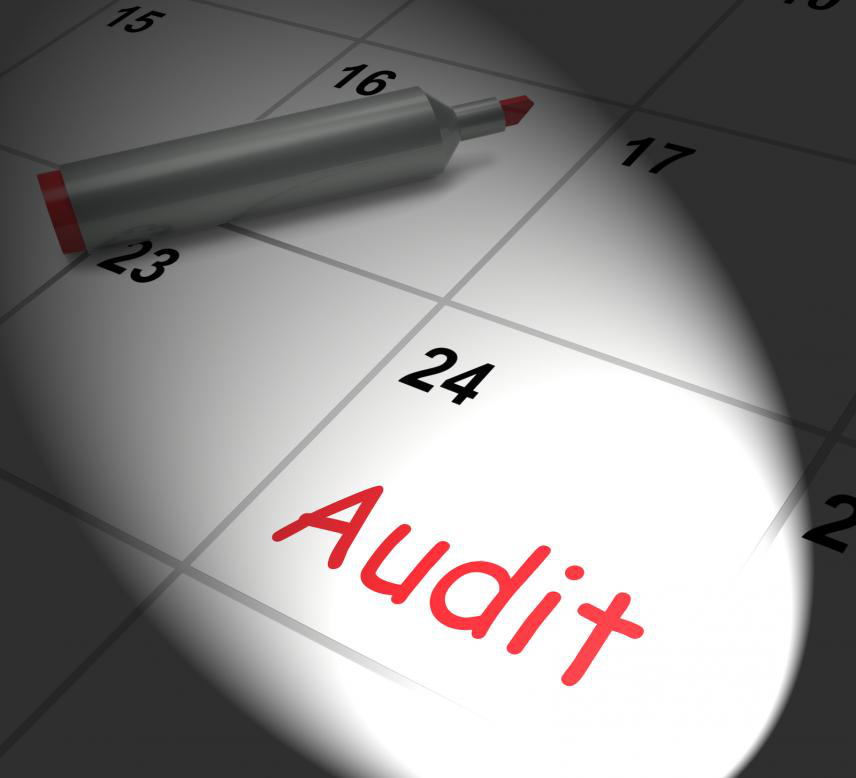Nothing worries taxpayers more than the possibility of an IRS audit. An organization known for their ruthlessness when it comes to conducting audits, it should be known the IRS doesn’t pick at certain businesses.
Yes, an IRS audit can be a nightmare; but remember, only a small percentage of tax return claims are chosen to be audited. Since this selection is purely random, it’s important to maintain a record of all financial documents to prove deductions.
Following are some red flags or mistakes that warrant a swift IRS audit:
Missing Important Deadlines
It’s crucial to note down all important deadlines and dates before starting on your tax returns form. You may think meeting deadlines isn’t important, but the IRS notices and even penalizes taxpayers who mail in their returns even a few days late!
Additionally, making this mistake will cause the auditors to wonder what other rules you may have disregarded.
Failure to Report All Income from Third-Party Payers
One thing the IRS officials and auditors are fairly good in doing is matching income reported about you or your business by concerned third parties. For individual taxpayers, third parties are the employers and banks.
Businesses must report all income received from banks and brokerage firms. Ensure the information put down on the tax returns matches the figures shared by third party payers.
Claiming Higher Than Average Deductions
There is a high chance of the IRS taking out your tax return form for review if claimed deductions on the return are disproportionately higher compared to earned income.
Don’t have the proper documentation that shows your claims are valid? Don’t include this information in the form! On the other hand, don’t hesitate to claim those deductions if you have the proper documentation to present as validation.
Failure to Report a Foreign Bank Account
The IRS is against American taxpayers opening bank accounts outside the U.S.—especially in countries that have a reputation for being tax havens. You’ll draw instant suspicion if any evidence sprouts up regarding holding ownership of a foreign bank account.
IRS officials can easily convince foreign banks to disclose account information… providing wealthy and suspicious taxpayers a chance to disclose information using voluntary compliance programs. Strict penalties are awarded to disobedient taxpayers.
Your chances of filing a tax returns claim without raising any of these red flags aren’t difficult to achieve. Seek help from the experts of utility sales tax in Indiana!

